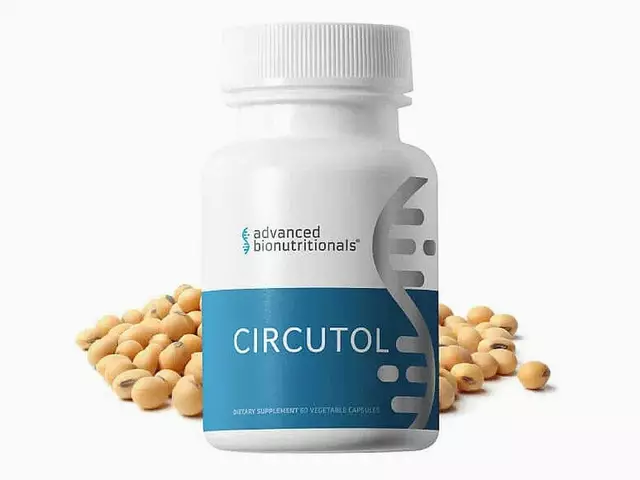Vitamin D analog — what they are and when they help
Want a quick, useful take on vitamin D analogs? These are drug versions of vitamin D made to act on the vitamin D receptor (VDR) in the body. They treat skin problems like psoriasis and medical issues linked to low or poorly regulated active vitamin D — for example, low parathyroid hormone function and secondary hyperparathyroidism in kidney disease.
Common types and where they're used
Here are the names you'll see most often: calcipotriol (also called calcipotriene) — usually a topical cream or ointment used for psoriasis; calcitriol — the active form of vitamin D used orally for hypoparathyroidism and some kidney conditions; paricalcitol and doxercalciferol — synthetic analogs often used in chronic kidney disease to control high parathyroid hormone (PTH) levels. Topical products work on skin cells. Oral or IV forms act systemically to change calcium, phosphorus, and PTH balance.
How they work — simple explanation
Vitamin D analogs bind the VDR, which changes how cells read certain genes. In skin, that slows down abnormal cell growth and reduces inflammation — that’s why calcipotriol helps psoriasis. In the parathyroid-kidney-bone system, these drugs lower PTH or correct low active vitamin D, helping control calcium and phosphate levels.
So what should you watch for? The main risk is raised blood calcium (hypercalcemia). Too much calcium can cause nausea, constipation, confusion, and kidney stones. If a drug raises calcium too much, doctors lower the dose or stop it. Regular blood tests help catch problems early.
Topicals: use as directed. Calcipotriol is often combined with a steroid for better, faster results. Apply only to affected skin and avoid sensitive areas unless instructed. Systemic forms: follow exact dosing and lab checks. Doses depend on kidney function, other meds, and lab results.
Interactions and who should be cautious: tell your provider if you take thiazide diuretics (they raise calcium too), digoxin, or have a history of hypercalcemia, kidney stones, or severe kidney disease. Pregnant or breastfeeding? Talk to your doctor—the balance of benefits and risks changes in these situations.
Practical tips: get baseline blood calcium and phosphate before starting systemic therapy, and repeat labs per your doctor's plan. For topical use, stop if severe irritation occurs. Don’t double doses if you miss one; contact your prescriber about adjustments.
Questions to ask your clinician: Which analog suits my condition? How often will you check labs? What symptoms mean I should stop the drug? These are the right, concrete questions that save trouble later.
Need a quick recap: vitamin D analogs are targeted versions of vitamin D for skin and metabolic uses, they can be very effective, but they need the right dose and monitoring to avoid high calcium and other issues. Talk with your provider to match the right drug and plan to your health needs.






